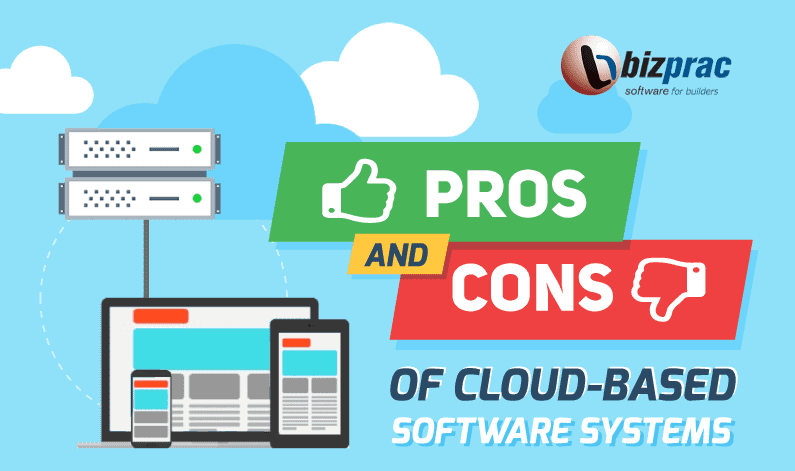Many in the business world resorted to using cloud-based systems thanks to the multiple benefits associated with them. One-third of Australia’s business sector use cloud-based systems, 85 % use cloud computing services, and 60% use cloud for storage purposes. Some of the benefits reaped from using cloud include efficient operations, large storage capacity, and accessibility.
Data computing use up a computer’s storage and memory which usually results in slower performance as the tasks get more cumbersome and more data is stored in a drive. Cloud computing, on the other hand, eases operations by using cloud-based software which only requires an internet connection to function without relying on a computer’s storage.
A computer’s primary storage is limited to its hard drive while flash drives and optical discs provide additional space for other files. The average hard drive has a capacity of 160 to 500 gigabytes which is also used by a computer’s systems to run; storing a large amount of data would slow the computer down.
The average flash drives and optical discs have lower data capacities which are unable to act as backup storage for a company’s data efficiently. These three devices also have portability issues as a computer is required to access the stored data.
Mobile devices can also store data while solving any portability issues with hard drives, flash drives, and optical discs but their space is generally lesser than that of hard drives. Mobile devices, however, also slow down when too many files take up space even when using memory cards to store data.
Cloud-based systems, on the other hand, can store from 10 to 100 million gigabytes of data that can even be accessed via phone as long as an internet connection is available. The large storage capacity and accessibility of data make the cloud an excellent backup for a company’s data in case physical storage devices are lost or damaged.
Cloud-based systems are regularly and automatically updated which ensures that the user does not have to update it manually to get the latest features of your software.
Using cloud has a lot of benefits, but there are some downsides too especially when there are technical problems like power outages, computer problems, and slow internet connections. Files and processes dependent on cloud-based systems would be inaccessible and disrupted when an internet signal is lost. A stable connection with the internet is needed lest the user ends up getting stuck trying to access a file.
Privacy and security risks are also issues associated with using cloud, especially public cloud since the server is shared with multiple tenants i.e. clients of the cloud provider. Data loss, data leakage, and account hijacking are possible when dependent on cloud-based systems.
Cloud isn’t the most secure storage site since anything on the internet can be accessed by hackers. Safety measures like strong passwords, firewalls, data encryption, and role-based access control can help solve privacy issues with the latter focusing on preventing inside job leaks.
Cloud-based systems are still advantageous compared to relying on physical drives thanks to the nearly unlimited space and more efficient computing processes associated with cloud even though there are some downsides with it. Bizprac has an infographic detailing the pros and cons of using cloud-based systems.









